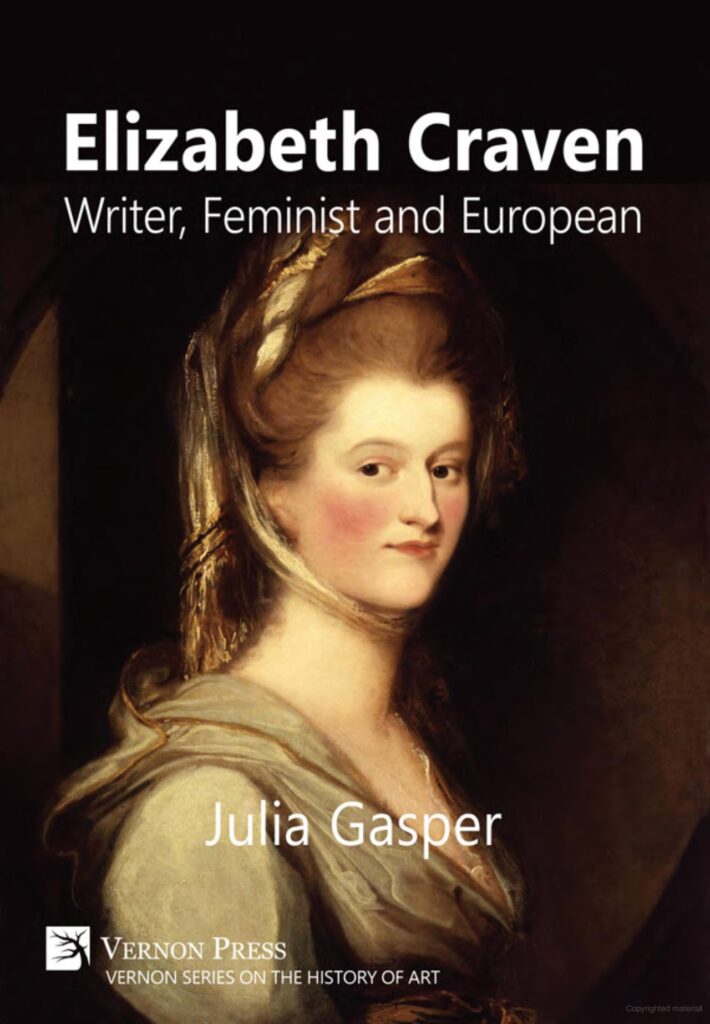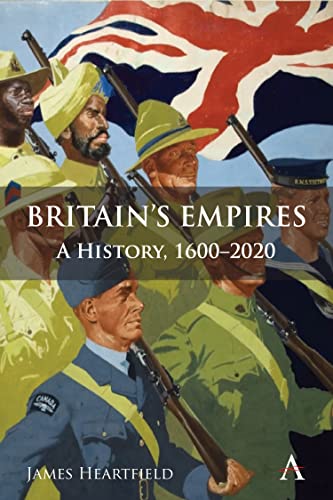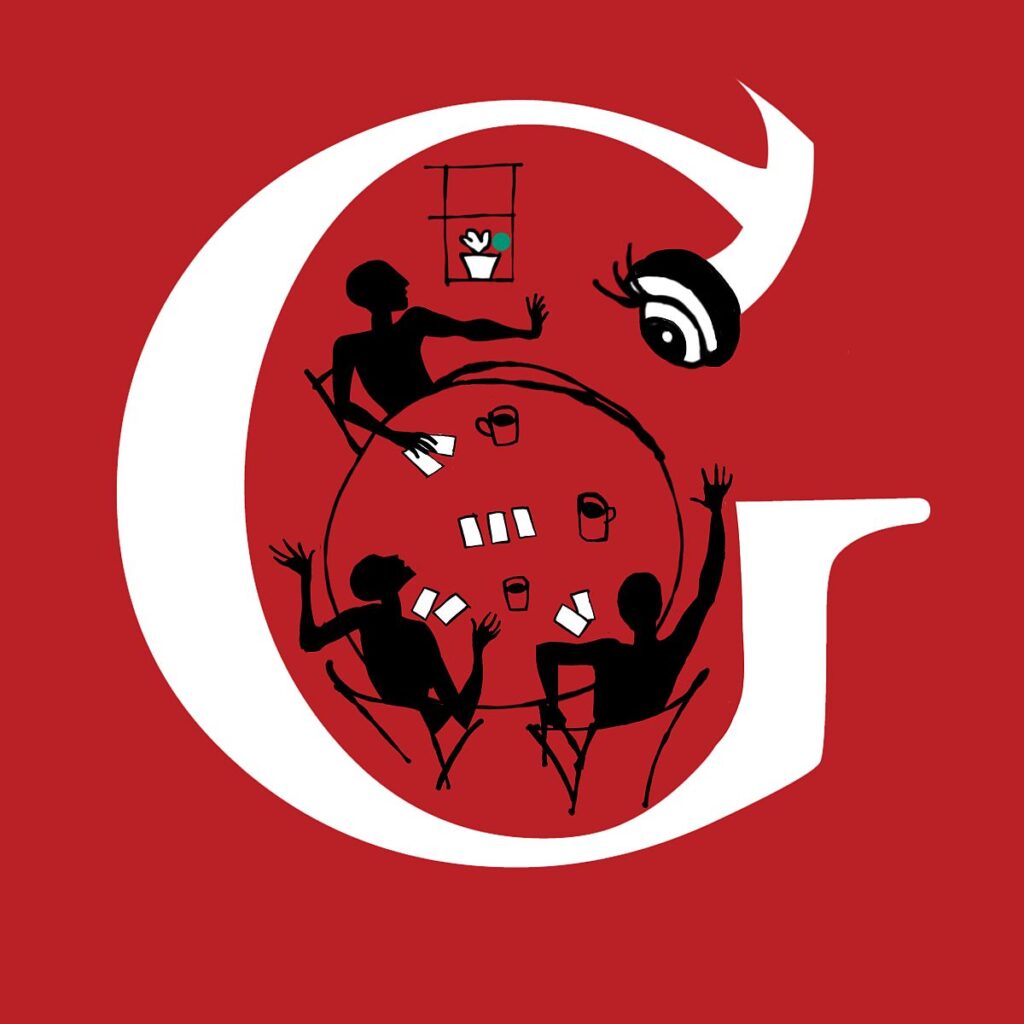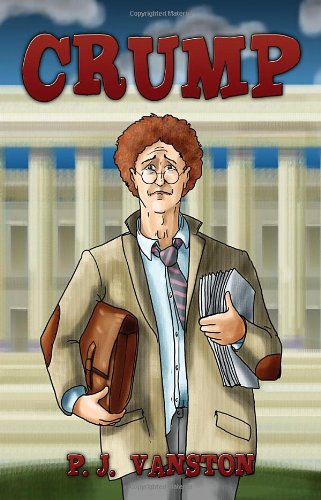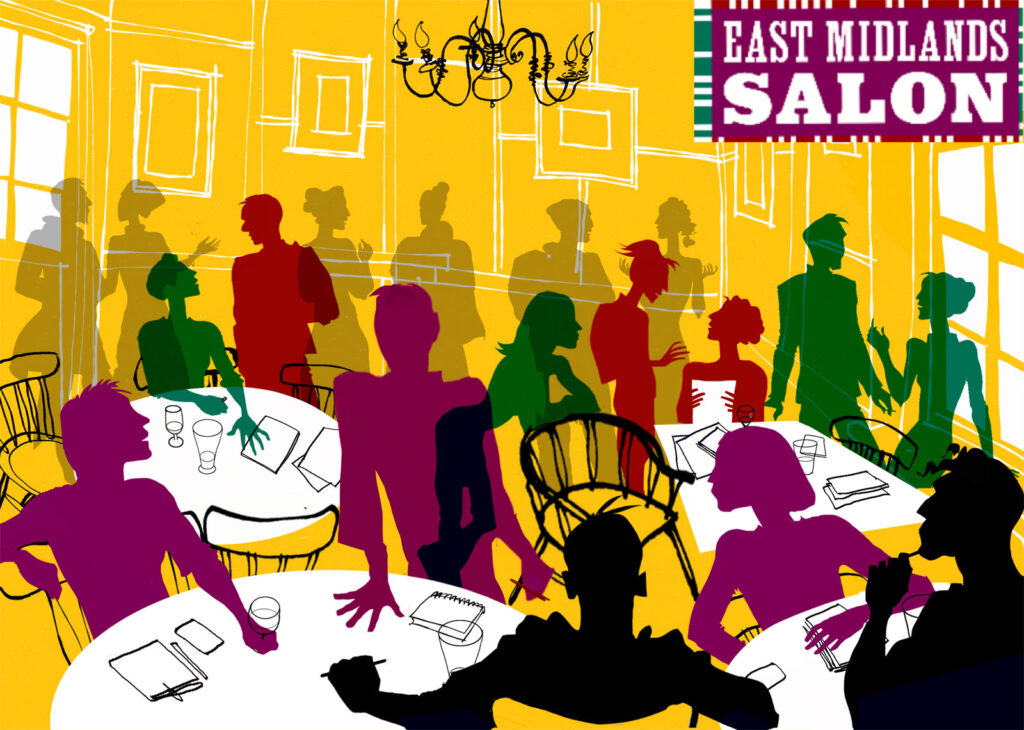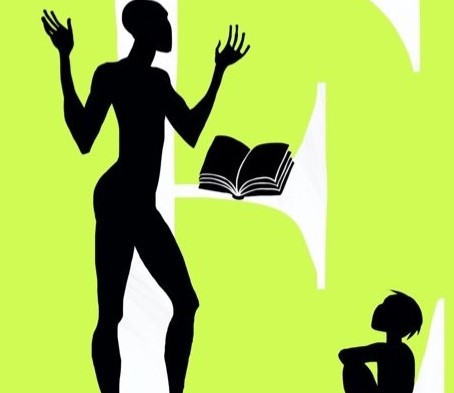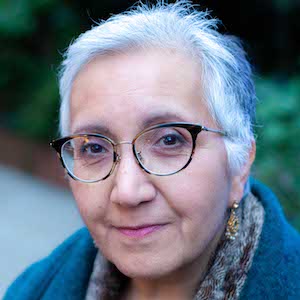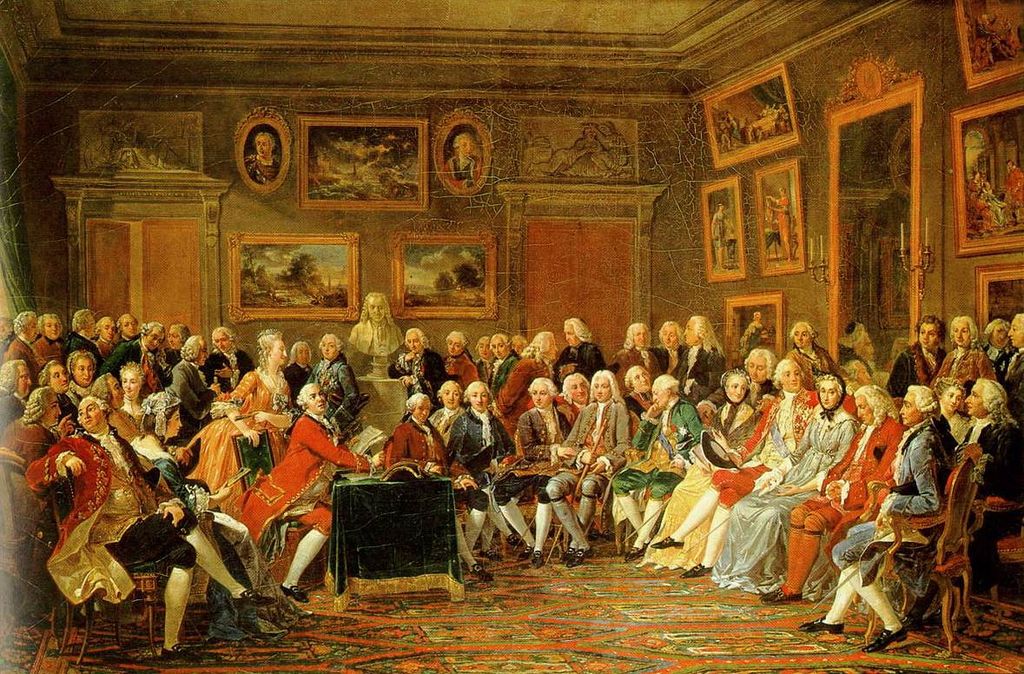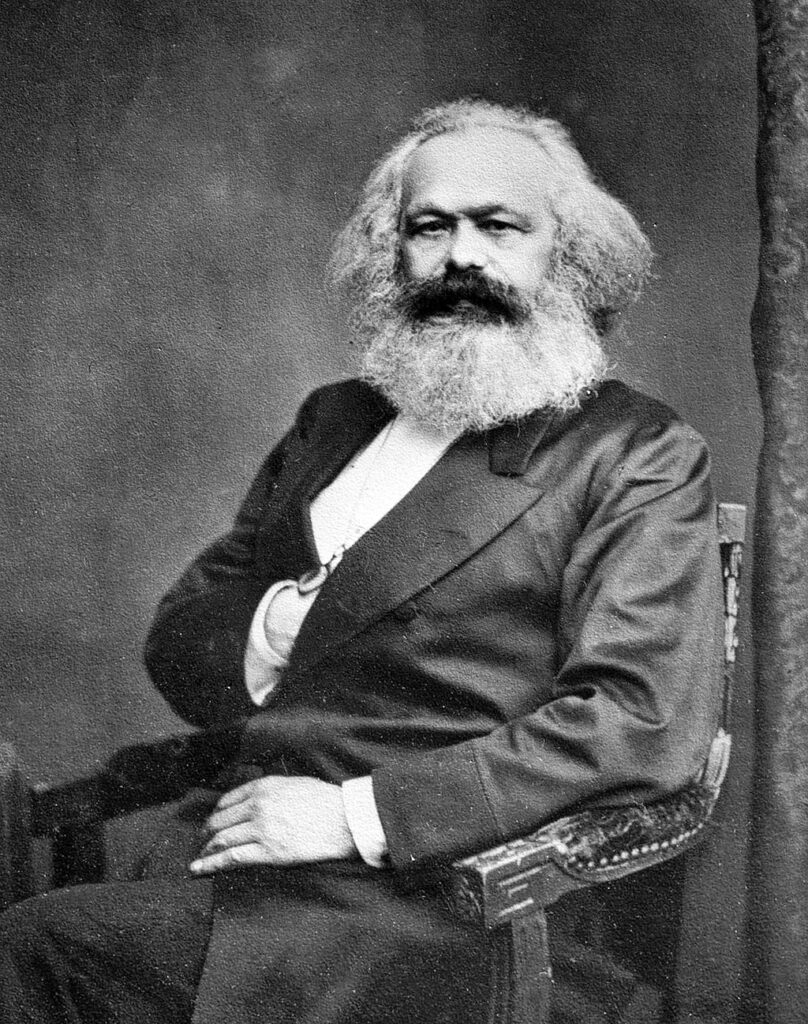
‘The tradition of all dead generations weighs like a nightmare on the brains of the living.’
Marx, 18th Brumaire of Louis Napoleon (1852)
Our speaker, Efraim Carlebach Marx, pre-eminent critic of and participant in the 19th-century working-class socialist movement, died 140 years ago. If not for the historical significance of the political movement that claimed the mantle of his critique, he might be as little remembered as his contemporary, Herbert Spencer, the British philosopher, more famous in their time, whose grave faces Marx’s in Highgate. Today, that political movement is a rotten corpse emitting the smell of Marx’s apparent irrelevance. Those who invoke him, positively or negatively, express only the gulf separating Marx’s time from our own. Yet we sense that our own time is poorly understood, let alone critiqued, and Marx continues to haunt us. Why?
About Efraim Carlebach
Efraim is a member of the Platypus Affiliated Society, a project founded in 2006, with chapters worldwide, critically investigating the death of the Left, the history of Marxism and the possibilities of emancipatory politics today. He has degrees from the University of Oxford and the Centre for Research in Modern European Philosophy. He currently lives in Nottingham.
Date, Time and Venue: Thursday 25 May at 6.30 (for 7 PM) in the Parlour of the Brunswick Inn, Derby.
Tickets: £3 plus fee from Eventbrite
(Photo cedit: John Mayall (1875) Public Domain)
